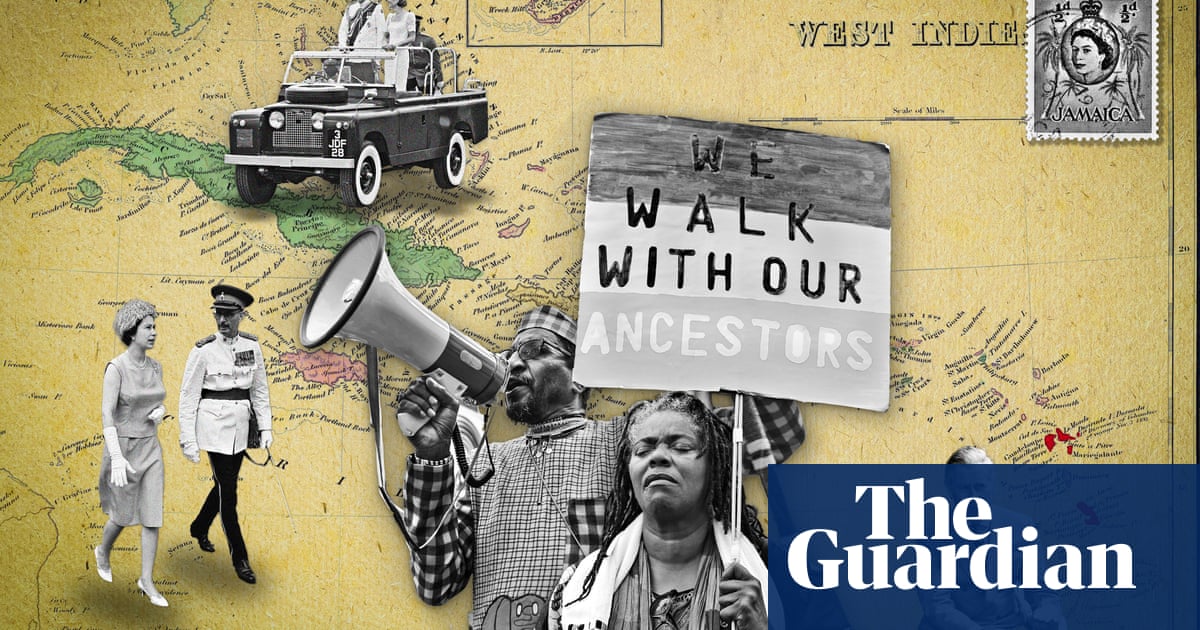In December, Jamaica tabled a bill to become a republic and oust King Charles III as head of state. Weeks later, Belize removed Queen Elizabeth II’s images from banknotes. These moves are only the latest in a growing trend: Barbados became a republic in 2022, and several other countries are signalling their intentions to follow suit. As Natricia says, these countries are seeking to “shrug off the vestiges of colonialism and establish their own identity as a nation – in terms of culture and history, while addressing the colonial overlays that remain in society”. The footprint of colonialism is evident in the region – including in “our money, the names of roads and some of the laws incorporated from the British legal system at the time”.
Belize not only removed images of the late monarch from its paper currency but it replaced them with pictures of national icons, specifically those who played a role in decolonisation. “Belizeans thought it was important in celebrating their history,” Natricia says. “The heroes they chose led independence from British rule.” There are broader cultural and linguistic shifts, too. Trinidad and Tobago announced a plan to remove a depiction of three ships used by Christopher Columbus from its coat of arms. And there is a push in Jamaica to make patois its official language instead of English, while St Lucia and Dominica have started to integrate Indigenous languages by adding them to the school curriculum.
‘We want to be seen as equals, not ex-colonies’
Good.
Can we do it next? Perhaps even reform the whole of our government structure in the process, devolving the rule of England into regions like Scotland, Wales and NI already have?
Leave the commons for purely limited scope national policies.



